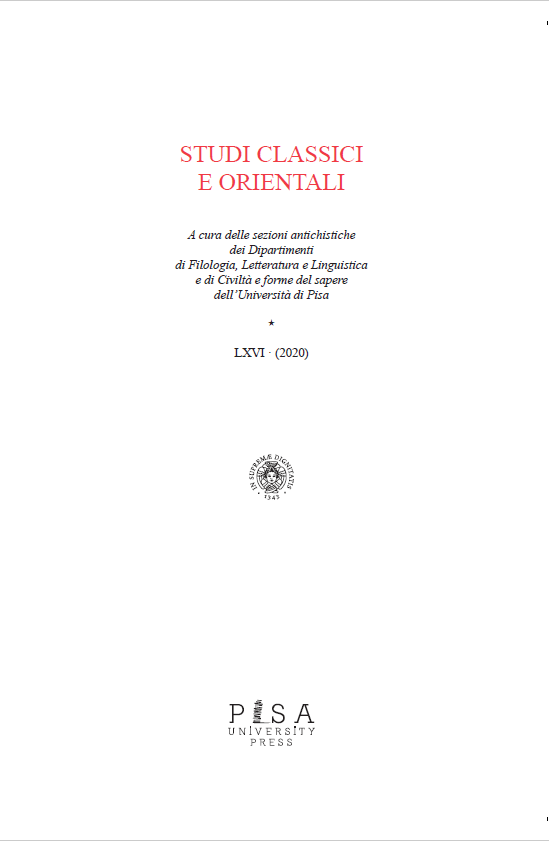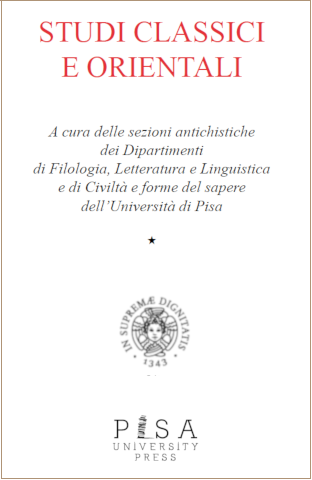The Conjunction ḥayṯu in Modern Written Arabic: A Feature of Linguistic Simplification?
Parole chiave:
Conjunctions, logical relations, grammaticalization, semantic changeAbstract
The common approach is that conjunctions have distinctive properties and they are bundled with specific semantic-syntactic features. I propose that we are currently witnessing the grammaticalization process of ḥayṯu (which has the basic locative meaning ‘where’) in modern written Arabic. Namely, ḥayṯu, alongside its classical local meaning, communicates a wide array of different interpretations and different logical relations. I also argue that since ḥayṯu is still in its early grammaticalization stages, it would be impossible at this point to develop any understanding of the type of semantic-syntactic context ḥayṯu is used in. However, by presenting examples of the occurrence of ḥayṯu in modern written Arabic texts I show the most elementary pragmatic motivation for using ḥayṯu. It serves as a conjunction that helps the writer to maintain the flow of the argument in a text, without investing too much effort in thinking about the syntactic structure of the clause following ḥayṯu and the type of relation it establishes among the syntactic units.



